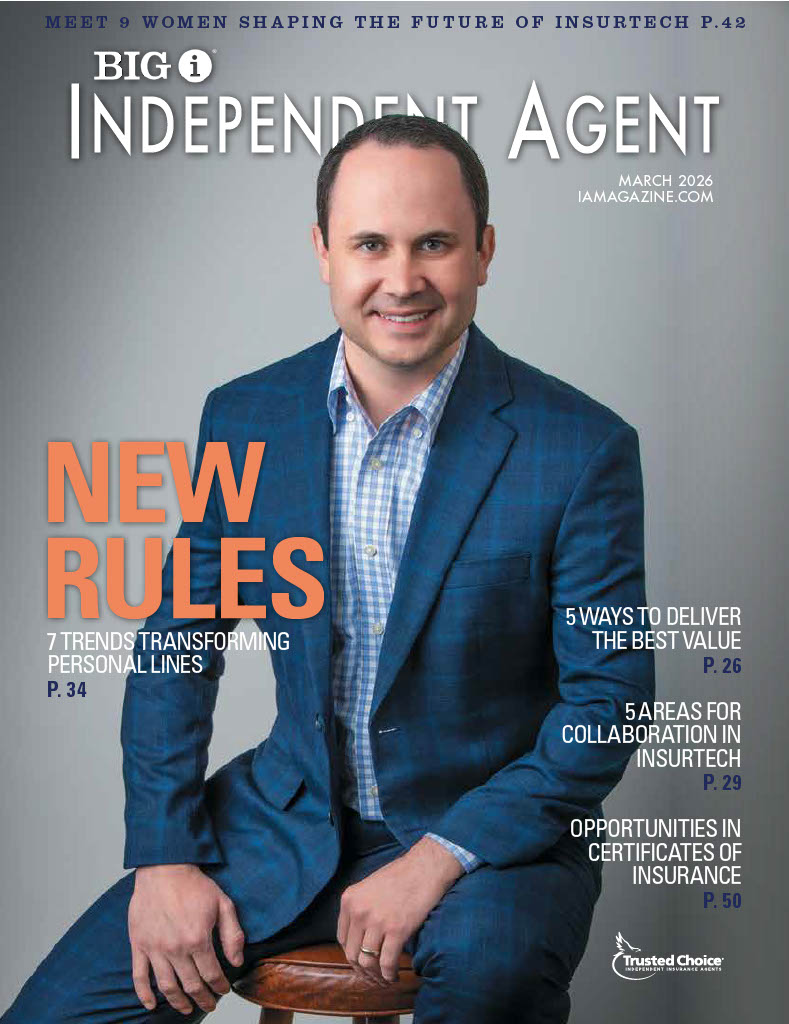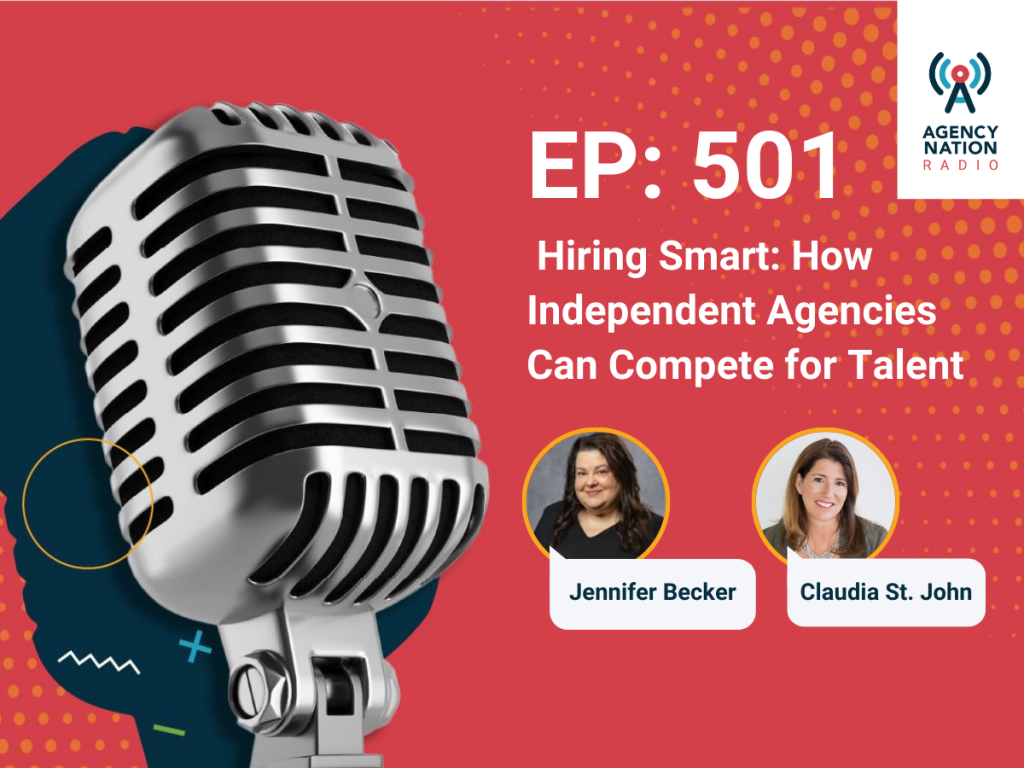Unpaid Work Hours, Increased Responsibilities on the Rise in COVID-19 Workplace

By: AnneMarie McPherson
The coronavirus pandemic’s impact on job security is a key concern for workers around the world, with 76% of global workers saying fear of job insecurity has compelled them to make changes in their work-life, according to a study from the ADP Research Institute. And these changes are not for the better—they include working longer hours during the normal workweek, taking on additional tasks or workload, and working on non-working days.
The report, People at Work 2021: A Global Workforce View, surveyed over 32,000 workers in Europe, North America, Latin America, and Asia-Pacific and found that globally, COVID-19 brought about an increase in conditions ripe for workplace burnout and inequity that, as offices seek to set post-COVID-19 policies, should be taken into consideration.
According to the report, unpaid work hours rose 25% globally as workers gave free time to their employers by working over lunch breaks or after hours. Free work more than doubled in the U.S. from an average of 4.1 unpaid hours worked a week in January 2020 to 9 hours a week in January 2021. Those working from home estimate they are putting in more unpaid overtime than those based in the workplace or on-site—9.4 hours compared to 8.7 hours. However, employees adopting a hybrid model have taken the brunt with 9.8 hours of unpaid work a week.
Nearly half (46%) of global respondents have taken on additional responsibilities at work, with 28% taking on a new role or changing their existing role. While nearly 7 in 10 globally did receive a pay raise or bonus, the study revealed gender disparity in compensation. In the U.S., 63% of men but only 51% of women who took on more work or a new role received a bonus or pay raise. And 38% of U.S. men but only 30% of U.S. women were provided additional training for their new role.
Surprisingly, optimism remains high, despite taking a hit. The majority of workers (86%) still say they feel optimistic about the next five years in the workplace—a slight reduction from 92% in January 2020.
Given that more than one-fourth of workers have been laid off or furloughed, and almost one-fourth have taken a pay cut, the dip is understandable. Generation Z, workers under 24 years old, have been hit hardest with 4 in 5 finding their professional lives affected and 2 in 5 saying they have lost jobs, were furloughed, or were temporarily laid off.
Many workers believe COVID-19 will have a positive impact on flexibility and development of skill sets, the report notes. More workers (67%) say they feel empowered to take advantage of flexible working arrangements at their companies compared to 26% pre-pandemic. Almost half (47%) of global workers say their managers allow them even more flexibility than their company policies dictate. However, gender inequity again makes an appearance, with only 36% of U.S. women saying they have been given more flexibility by their managers compared to 46% of U.S. men.
The report notes that those working remotely are no more—and marginally less—likely than their colleagues in the office to report that maintaining productivity is a major challenge for them, at 10% for remote workers compared to 13% of in-office workers.
“For all the progress made around promoting and facilitating flexible and remote working during the pandemic, there are still hurdles to be overcome: not least how employers monitor and manage teams who are working in different places and at different times,” the report says. “Given the amount of unpaid work being undertaken, issues around employees’ perceptions of fairness may come into play.”
AnneMarie McPherson is IA news editor.










